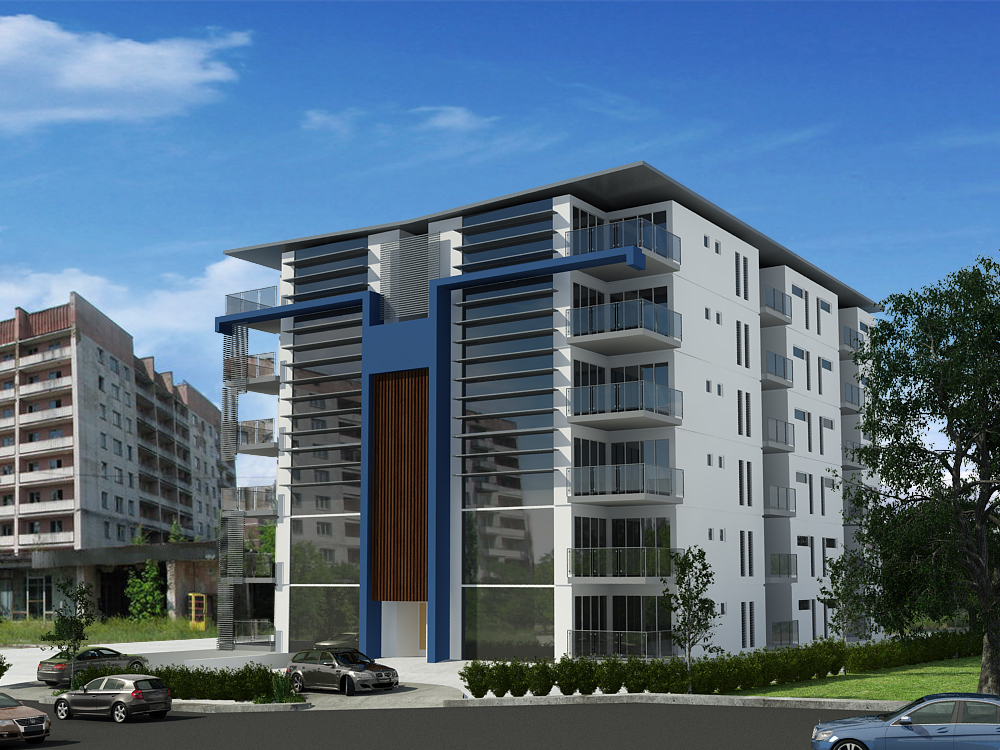Five reasons why I like investing in apartment complexes
Alina Trigub2020-12-28T03:29:55+00:00Five reasons why I like investing in apartment complexes
1. MFH value increases via forced appreciation
Multifamily housing is based on the net operating income (NOI) it produces. While single family houses are based in the comps from the area, MFH enjoys being directly related to the NOI. The NOI is determined by subtracting the Operating Expenses (OE) from the Total Rental Revenue (Rev). Hence the formula is:
NOI = Rev – OE
Since the formula has two components, there are three ways I can increase NOI. I can do it either through (a) increasing the total income from a property or by (b) reducing expenses or by (c) doing both. Keep in mind that each of these ways includes various options on the delivering the desired results while the underlying principle of increasing the NOI remains the same. By increasing the NOI, the value of the property is “forced” to increase.
2. Economy of Scale works well for MFH
There are a several examples to showcase the economy of scale in MFH. Firstly, here is a vacancy example; when my single-family house is vacant, it is by default 100% vacant, however when my duplex is half-vacant, it is still 50% full. The economy of scale keeps working in my favor if I have a higher-unit MFH; if I buy a 100-unit apartment building and have 2 units vacant, I have a 98% rental rate. Keep in mind that the property management fee charged for some larger complexes is less than that for a SFH. Secondly, a typical property management fee for SFH runs about 8-10%, while the MFH fee is around 3-6%. Lastly, just to drive this point about the economy of scale home, imagine all other standard costs associated with buying real estate. For example, it is far better to pay one closing fee for an apartment complex with 100 units rather than a single family.
3. MFH are owned and operated by experienced sponsors
When I first decided to join an apartment building syndication, I researched the sponsor (aka syndicator). He had many years of experience and operated several large complexes in different parts of the United States. While he started out in the world of single-family housing (SFH) investing, he gradually moved towards multifamily housing.
4. MFH sustains well in an adverse economy
As I mentioned in the beginning of this report, I am not focused on fancy luxury apartment buildings or on complexes that are in unsafe neighborhoods. When I evaluate a deal, my goal is to make sure that the housing location is where the majority of the population would want to live. The United States is becoming a renter’s nation: millennials take their time while deciding to purchase a place of their own. Likewise, since the number of retirees is increasing faster, this produces an addition stream of folks more interested in becoming tenants, and not having to worry about house maintenance.
No matter what economy brings, rental housing will remain an essential component of people’s everyday life.
5. MFH offers tax advantages via partnership
Normally each MFH syndication is done via a partnership. Each partner in a partnership (general and limited) will receive a Schedule K-1. The K-1 is a tax form reporting property income or losses. Each partner is allocated a depreciation expense that is beneficial for tax purposes. If you were to invest in a real estate investment trust (REIT), you would not be eligible for tax benefits that a partnership offers via a syndication.
Interested to learn more about syndication investing
Join The SAMO Club











